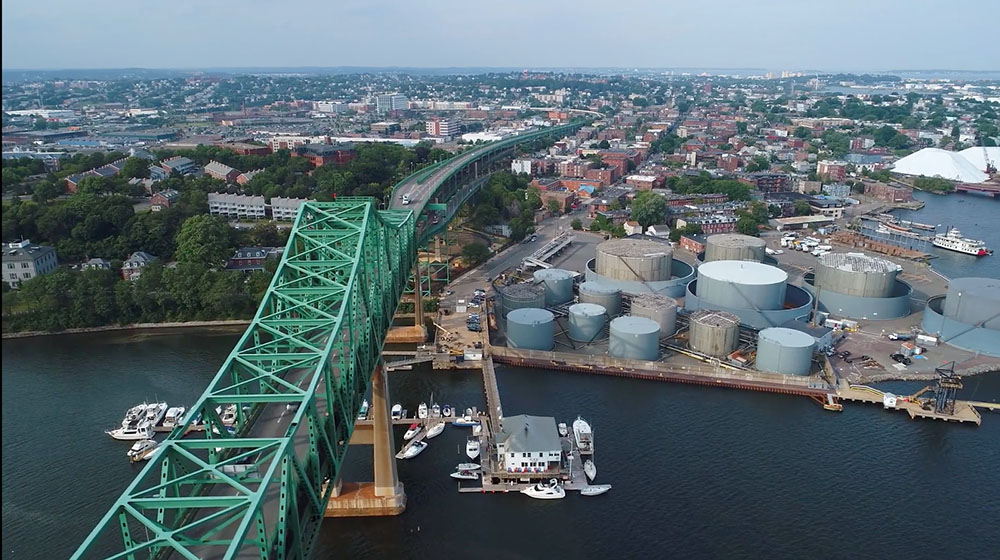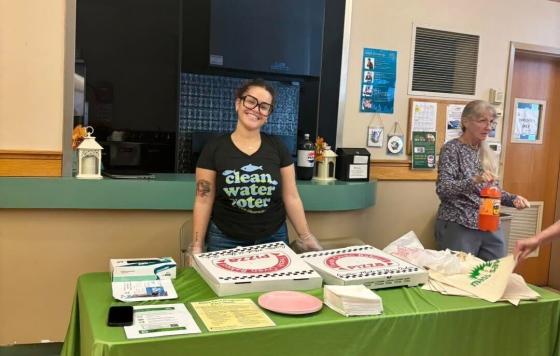
“The solutions don’t need to be removed from the community: given the right resources, given the right support, we can really build an economy based on renewable energy,” -- Maria Belén Power, GreenRoots
Environmental justice (EJ) communities –– low-income communities, people of color and immigrant populations –– are paying the deepest price for our economy’s addiction to fossil fuels. Not only do they bear the physical burden of pollution, with high rates of asthma and cardiovascular disease, but they also have the greatest barriers to accessing clean energy that reduces pollution and saves us all money on our energy and healthcare bills.
That’s why Clean Water is doubling down on our efforts to bring clean power to EJ communities. (You can take action today to support this campaign). In this video, members of the Green Justice Coalition in Chelsea, Holyoke and Springfield, Massachusetts––and other allies working in solidarity––share their perspectives and guidance on the environmental justice challenges of today:
-
Communities that have borne the brunt of fossil fuels and life-threatening pollution should be a priority in the transition to a green economy
-
Folks on the ground have the solutions, with enough resources they will leap forward toward a society powered by renewable energy
-
Policymakers must respond to community knowledge and strategies cannot be developed “above” communities or without their meaningful involvement.
Watch the video to hear more, then take action here.


